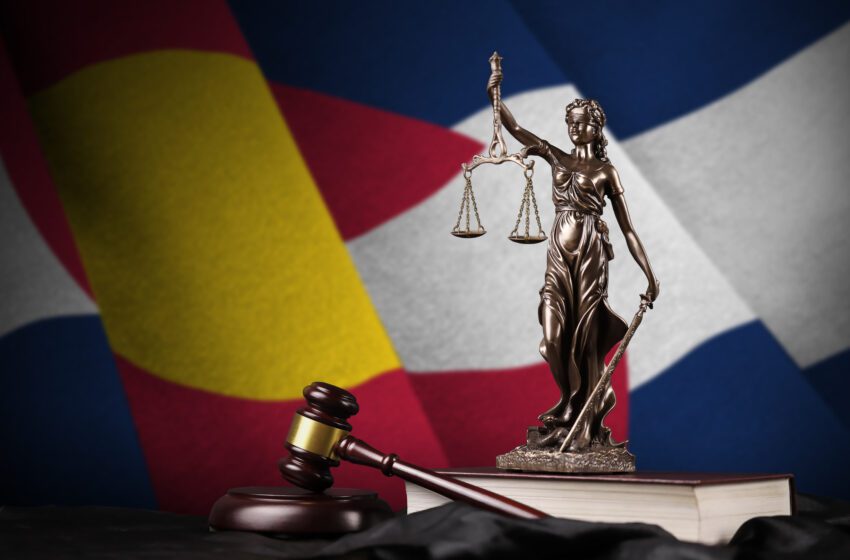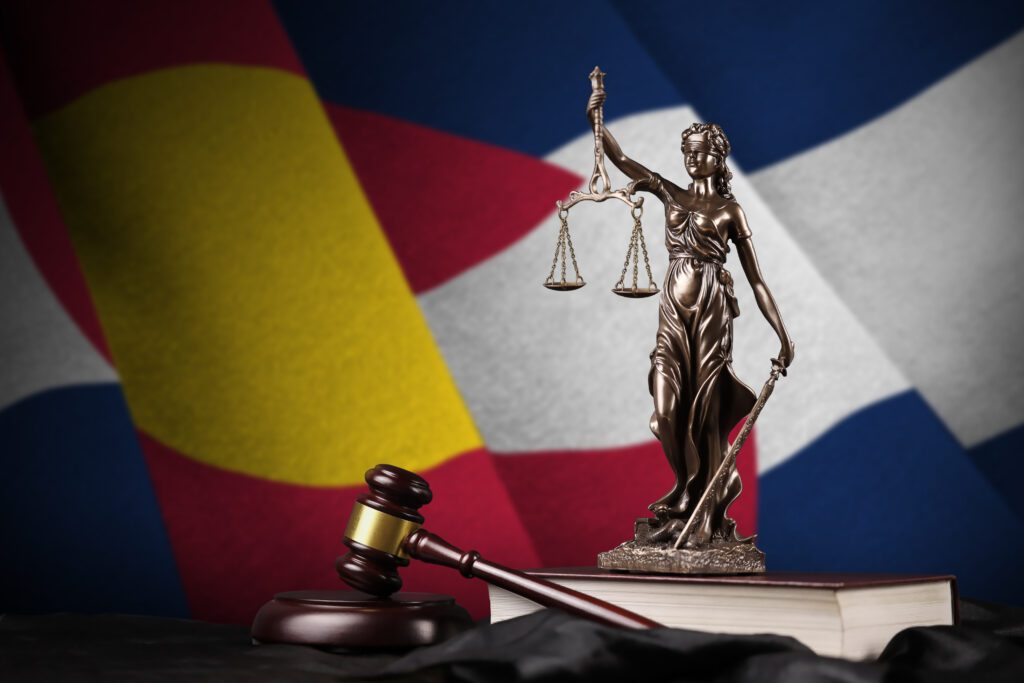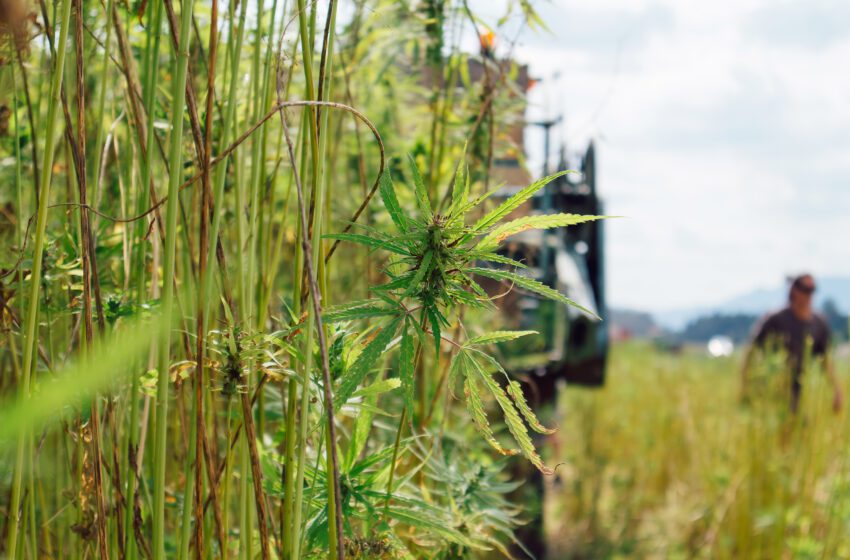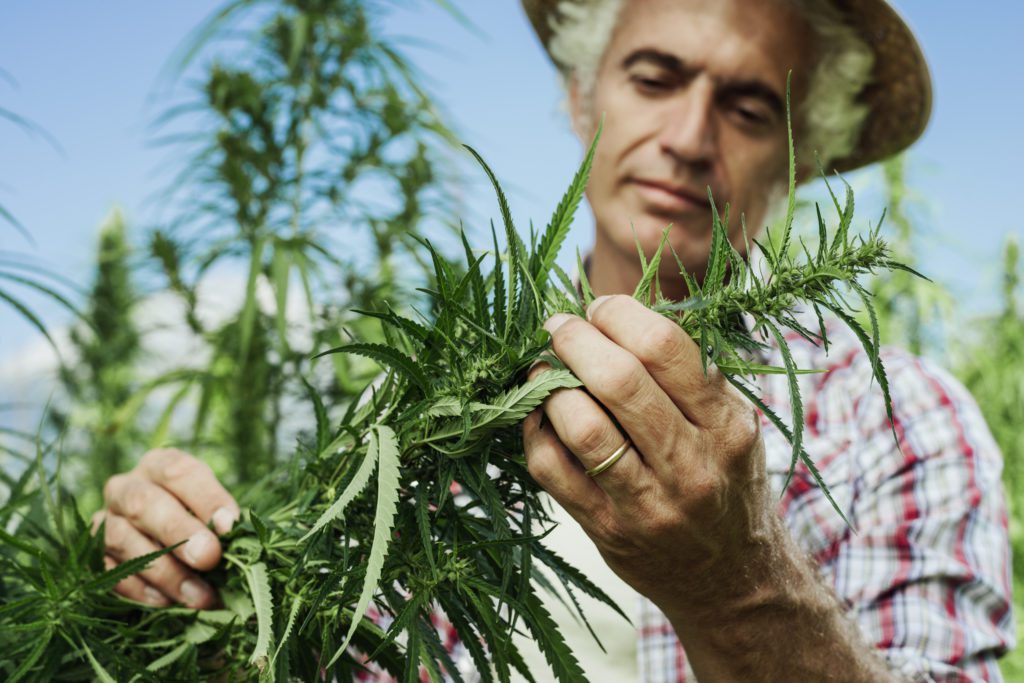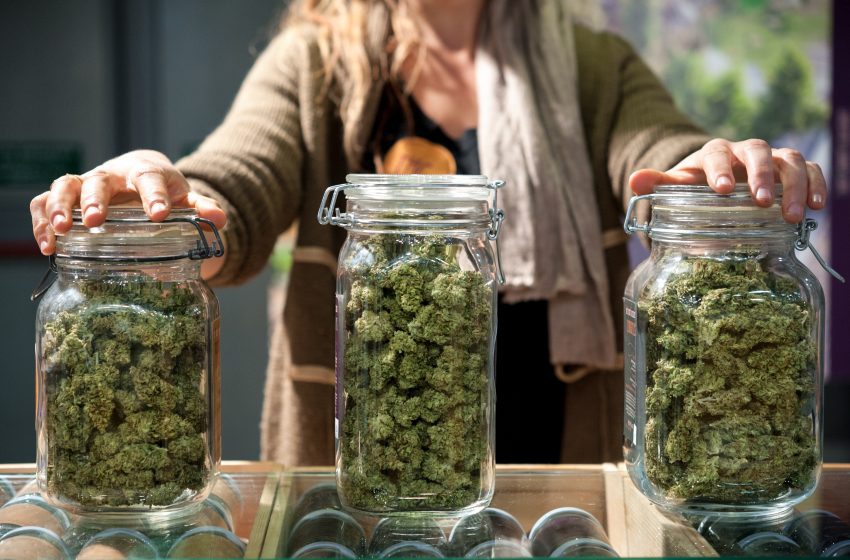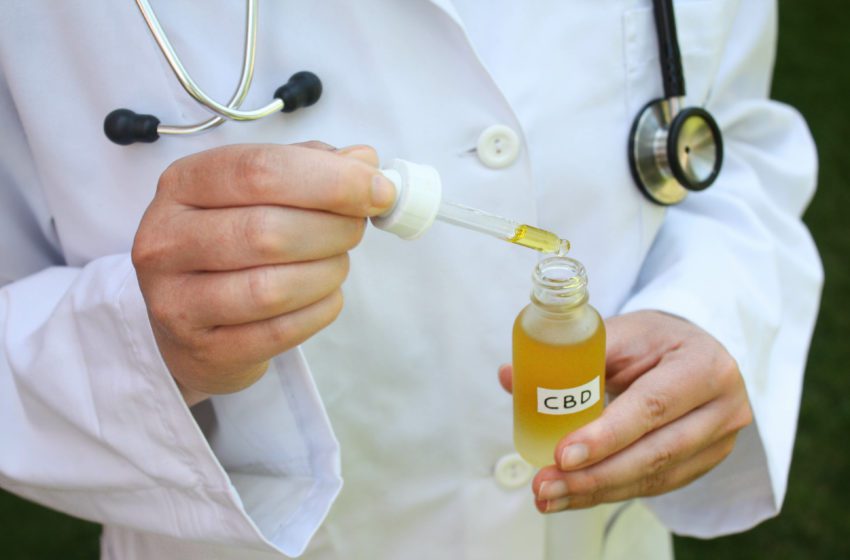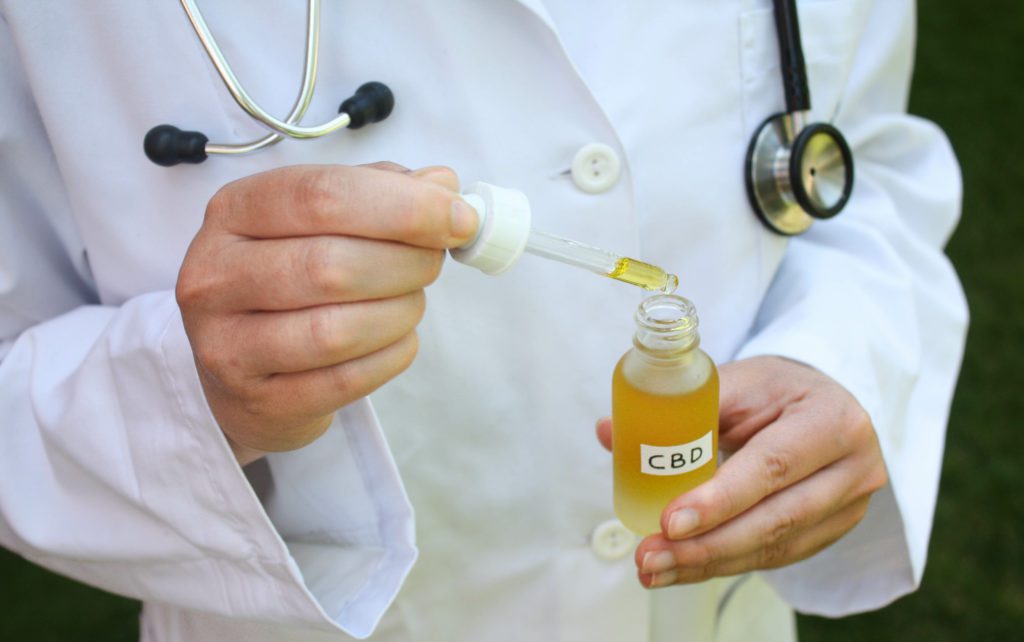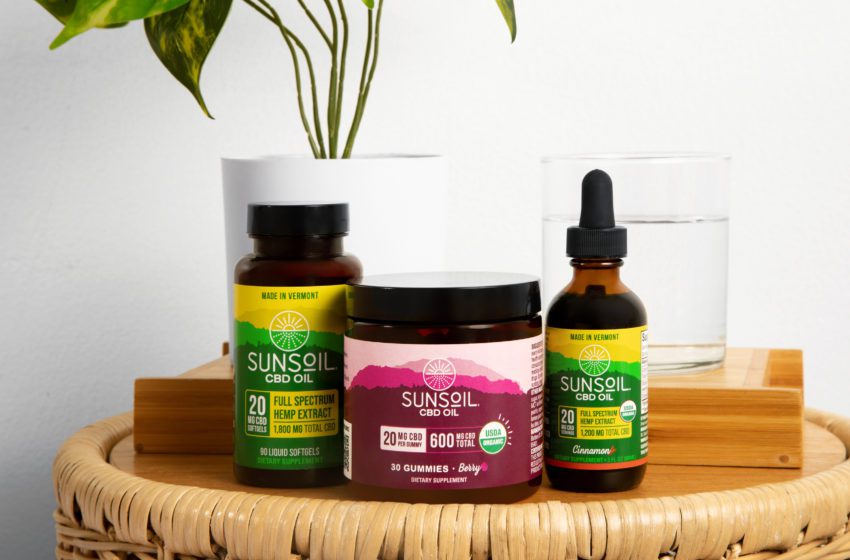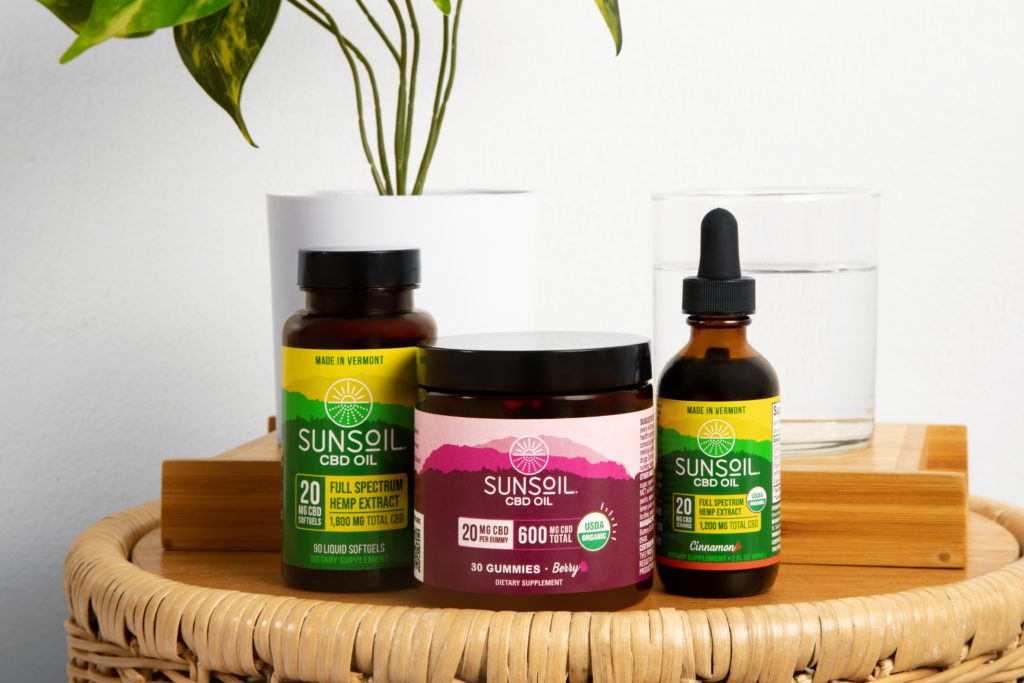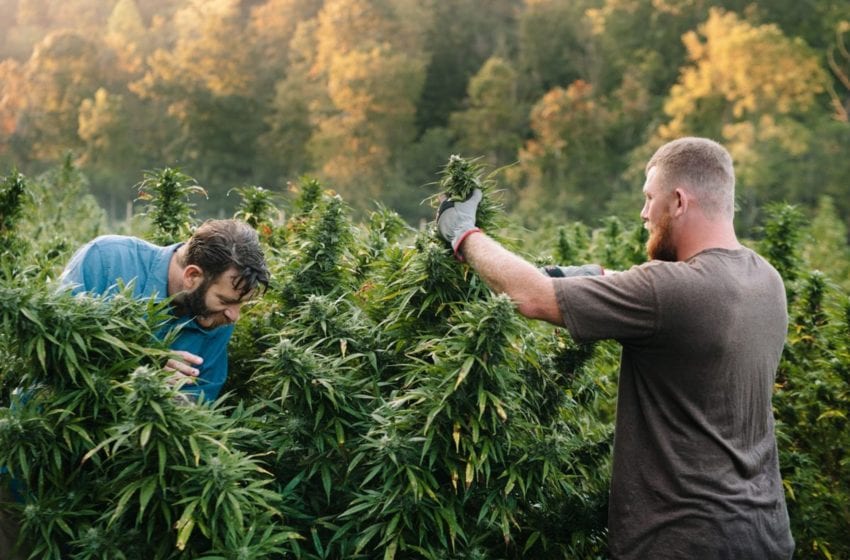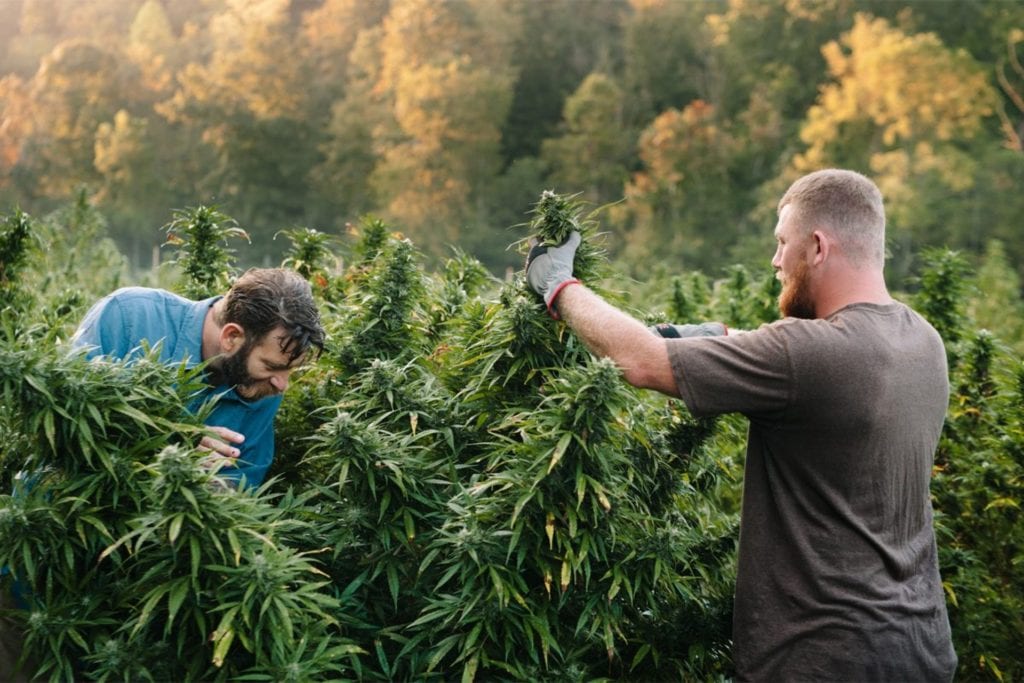The US Supreme Court to decide if a failed routine drug test amounts to racketeering.
By Timothy S. Donahue
The U.S. Supreme Court has been busy this session. The court has heard several cases dealing with the nicotine and cannabis industries. Among them is the case of a truck driver who was fired from his job after a CBD wellness product marketed as THC-free caused him to fail a routine drug test. Douglas Horn sued the maker of the CBD product he took for chronic pain under a federal racketeering law for economic harm.
A decision in the case, expected next year, could determine the ability of Americans to collect substantial damages under an anti-mob law if they lose their job after being injured by consumer products.
The companies that manufacture the product argued to the justices that Horn’s injuries were personal rather than related to any harm to his business or property. Therefore, they contended that his case did not fall under the Racketeer Influenced and Corrupt Organizations Act (RICO). This federal law, originally enacted to combat organized crime, establishes the right for individuals who suffer injuries to their business or property due to racketeering activity to seek triple damages.
A longtime trucker, Horn had an unblemished record over his decades of service. Like many truckers, Horn’s job required frequent drug testing to ensure compliance with federal regulations, particularly given the risks associated with operating heavy machinery on the nation’s highways. A single failed drug test could cost him his commercial driver’s license and, consequently, his livelihood.
In 2020, Horn began experiencing chronic pain due to the physical demands of his job. After researching various treatments, he turned to CBD products for relief. CBD, or cannabidiol, is a nonpsychoactive compound derived from the cannabis plant and is widely marketed for its potential therapeutic benefits, such as pain relief and reduced anxiety. Significantly for Horn, the CBD products he chose were advertised as containing no THC—the compound in cannabis that is responsible for its intoxicating effects.
Relying on these assurances, Horn began using CBD products regularly. While CBD is entirely legal, THC remains illegal in certain contexts. However, during a routine drug test, he tested positive for THC. Despite his protests that he had only used CBD products labeled as THC-free, Horn was promptly suspended and later terminated from his job. Unable to find another position due to the failed drug test, Horn faced financial ruin.
Horn filed a lawsuit, claiming that the producers of Dixie X committed mail and wire fraud that resulted in harm to his “business or property.” A federal district court ruled against Horn, but the New York-based 2nd U.S. Circuit Court of Appeals allowed his suit to move forward. The company appealed to the Supreme Court a year ago, arguing in part that the RICO Act never contemplated “garden-variety products-liability” suits. The justices agreed to hear the case, recognizing its broader implications not only for the CBD industry but also for the interpretation of federal law and consumer protection standards.
The CBD companies argued that they were operating within the bounds of federal law, particularly under the 2018 Farm Bill, which legalized hemp-derived CBD products with THC levels below 0.3 percent. They contended that any trace amounts of THC in their products were legal and that they had not intentionally deceived consumers. The companies also asserted that RICO was not the appropriate vehicle for this type of claim, arguing that it was intended to address criminal enterprises, not businesses engaged in legal commerce.
However, Horn’s legal team countered that the companies’ actions constituted a pattern of fraudulent activity, directly causing harm to consumers like Horn. They argued that RICO could be applied in this case because the companies knowingly misled consumers about the contents of their products, thereby violating federal laws and causing tangible damages.
Lisa Blatt, representing the manufacturers, stated during the hearing that Horn’s unwanted ingestion of THC constituted an injury to his body—essentially a “personal” injury—and not an injury to his “business or property.” She argued that Horn’s economic losses were the “damages he sustained” due to that injury.
Easha Anand, representing Horn, argued that the lost employment is an injury to “business” that should bring the case within the wheelhouse of RICO. The lower court agreed with Horn, permitting his suit to proceed before the companies took the case to the Supreme Court. The American Association for Justice agreed with Anand and urged the Supreme Court to side with the trucker.
Unlike its criminal counterpart, the companies contend that the civil RICO statute explicitly states that a plaintiff must be “injured in his business or property.” They argued that this wording indicates an intent to exclude the other primary type of injury recognized by the law —injury to the person—typically the basis for hiring “personal injury” lawyers.
Horn’s premise—that civil RICO is available if the “personal” injury leads to “business or property” damages—would have sweeping implications, the companies argued, making RICO available to any tort plaintiff who can produce a receipt for lost wages or other economic loss. And the Clayton Act, a critical antitrust statute, Blatt told the justices, limits private suits to plaintiffs with injuries to “business or property,” for which the Supreme Court routinely has rejected personal injury claims. The same result, she argued, should apply here.
For Horn, though, “injured” is the same thing as “harmed,” and the harm he suffered to his business (loss of employment) is a classic injury to business of the type that the civil RICO statute reaches. Anand also emphasized that in RICO, Congress made clear that the act “shall be liberally construed to effectuate its remedial purposes.” That rule of construction, she said, suggests that in the event of any doubt, the court should permit Horn’s suit to proceed.
After more than an hour of argument, it appeared that the case could divide the court’s conservative justices, some of whom seemed sympathetic to Horn’s position and others wary of opening up the ability for people to seek significant awards for run-of-the-mill injury claims. During Anand’s presentation, Chief Justice John Roberts stated that the limitation on “business or property” is intended to be a significant constraint on the scope of RICO, which he views as central to the law’s purpose. He suggested that Anand’s position could undermine this important limitation.
Justice Brett Kavanaugh was even more pointed, criticizing the idea that Horn could “get around that limitation … by characterizing the lost wages or medical expenses as separate injuries to your business or property.” And Horn’s position, Kavanaugh warned, would create “a dramatic, really radical shift in how tort suits are brought throughout the United States.”
Justice Elena Kagan challenged Blatt’s reading of the text. Kagan pushed Blatt to assist her in figuring out “the most normal, natural reading” of the statutory language.
“If you’re harmed when you lose a job, then you’ve been injured in your business, haven’t you?” Kagan asked the lawyer for the companies. The law, Kagan said, “just says if you’ve been injured by a RICO violation in your business, which includes your employment, then you’re entitled to threefold damages.”
The Supreme Court’s decision in the Horn case could significantly impact both the trucking and cannabis industries. If the court rules in favor of Horn, it may lead to an increase in lawsuits against CBD companies, potentially changing the legal landscape for the industry, according to legal experts. Furthermore, such a ruling could prompt Congress to reconsider the 2018 Farm Bill and related legislation to establish clearer CBD product guidelines.
If the court rules in favor of the CBD companies, it may enhance the current regulatory framework and limit the use of RICO in cases involving cannabis products that are legal under state law. This outcome could provide some reassurance to the cannabis industry, which has frequently encountered legal uncertainty due to the conflicting laws between federal and state regulations.
The case not only affects the parties directly involved but could also establish a precedent for how courts manage disputes in industries where state and federal laws conflict. Additionally, it may shape how companies address advertising and product labeling in sectors with new and changing regulatory frameworks.
Consumer protection advocates have also commented on the case, arguing that companies should be held accountable for their claims, particularly in industries where health and safety are at stake. They see the case as a critical test of whether existing laws are sufficient to protect consumers in the rapidly evolving cannabis market.
The Horn case touches on fundamental issues of federalism, consumer protection and the intersection of law and commerce in a rapidly changing industry. For Horn, the case represents a fight for justice after a devastating blow to his career. For the CBD companies, it is a battle to protect their business practices and the legitimacy of an entire industry.
Regardless of the outcome, the decision will likely have a lasting impact on the legal and regulatory landscape for CBD products, the trucking industry, and beyond. The Supreme Court’s ruling will not only decide the fate of one trucker but could also shape how emerging industries are regulated and held accountable under U.S. law.


